Blog
The Changing Tide in the Re-Enfranchisement of Felons

After being convicted of a felony, individuals lose many rights of citizenship, including the right to vote; the right to sit on a jury; the right to possess firearms; the ability to travel abroad to some countries; certain employment opportunities; access to food stamps, public housing, and other social services; and often parental benefits. Felons are paradoxically rightless citizens in that they are beholden to the nation, but cannot enjoy the benefits.
After Kentucky Governor Steven L. Beshear ordered the automatic re-enfranchisement of ex-felons in November 2015, only Iowa and Florida permanently ban all persons with felony convictions from voting. While some states restore rights immediately following release from prison, most require convicts to complete parole and probation before...
Upon Re-Entry
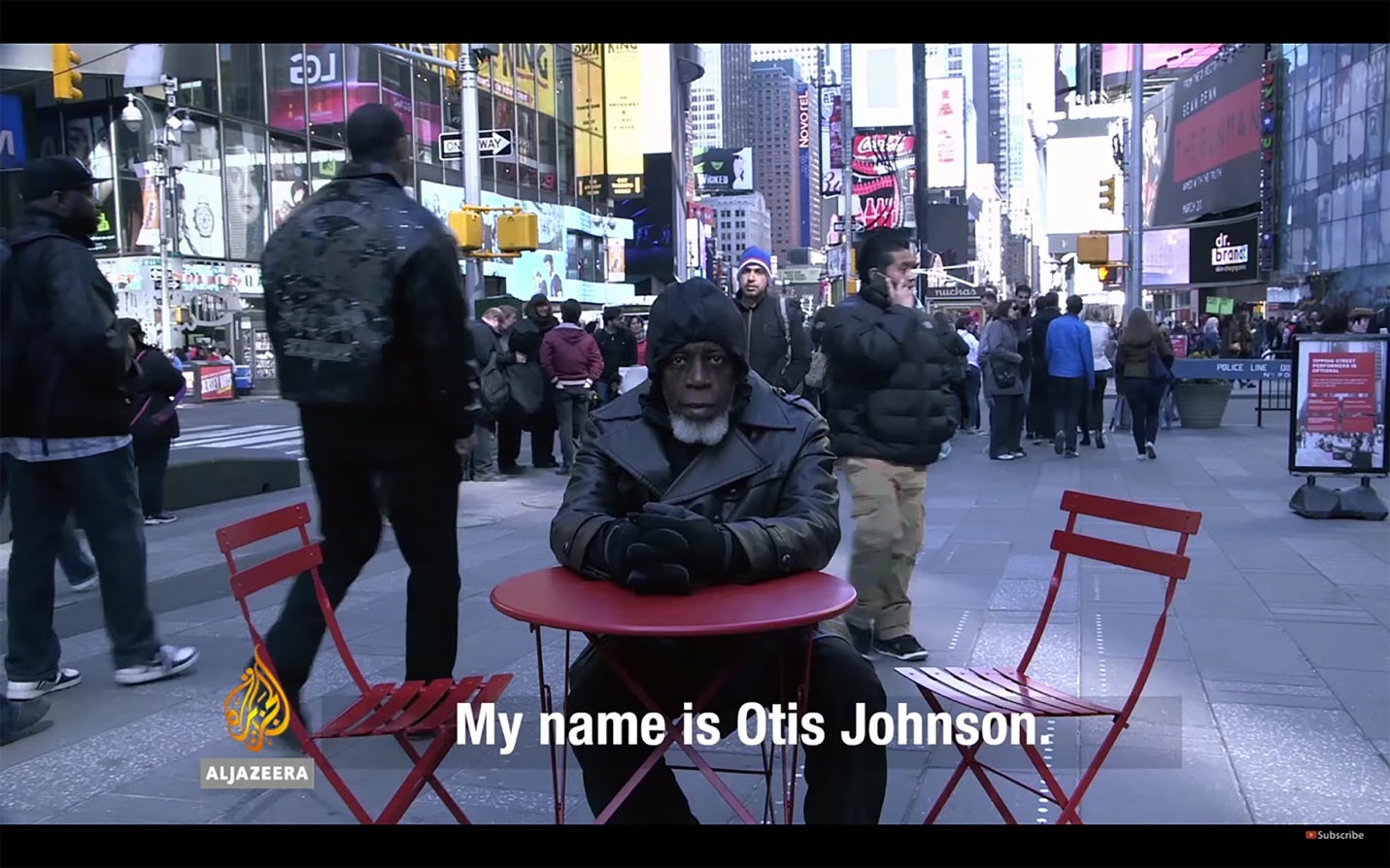
After 44 years in prison, 69-year-old Otis Johnson recalls the challenges of re-entry in a video posted by Al Jazeera.com. Johnson was incarcerated at the age of 25 for the crime of attempted murder on a police officer.
According to Al Jazeera, Johnson relies on Fortune Society , a nonprofit organization that provides housing and services to ex-prisoners in New York City. His incarceration wasn’t limited to the jail cell -- his imprisonment has affected all areas of his life. He lost all contact with family members and friends, making his re-entry that much harder. This video makes apparent how disconnected inmates are from outside society during their time in prison. After years of isolation and...
Julian of Norwich: A Voluntary Prisoner

Written by - Nico Sedivy
In contemporary America, we associate voluntary imprisonment mainly with acts of civil disobedience, meant to demonstrate and protest injustice. However, in medieval Europe, pious individuals would willingly confine themselves to small, solitary cells in churches to spend their time in prayer, religious study, and contemplation. These people were called anchorites, if men, and anchoresses, if women. One anchoress in England was Julian of Norwich.
NAMI Indiana on Education

Marianne Halbert, J.D. and Linda Williams talking about NAMI’s main focus on educating groups about mental illness. Marianne Halbert is the Criminal Justice Director for NAMI Indiana and Linda Williams is the Program Coordinator for NAMI Indiana. This section was taken from a longer interview with four individuals who are apart of NAMI Indiana.
Bejeweled and Bedazzled: Skeletons of Christian Martyrs
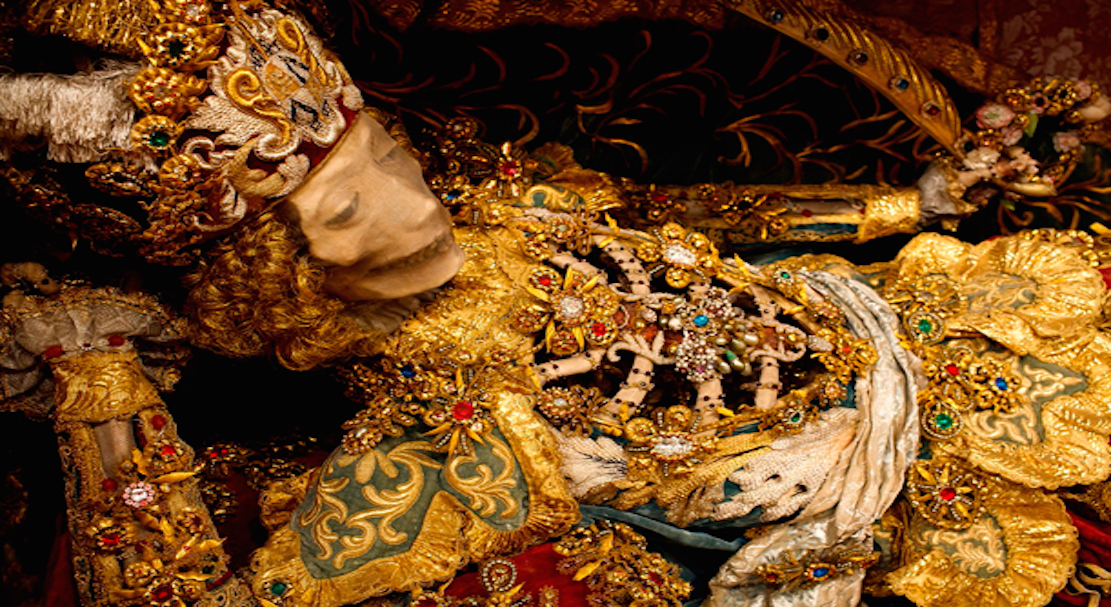
Written by - Maria Camila Arbelaez
Skeletons of Christian bodies were martyred during Roman times and then discovered and made relics by members of the the Catholic Church throughout Europe in the 16th and 17th centuries. This elevation of the skeletons represents an enduring testament to the immortality and auspiciousness attributed to Christians that were captured and killed by the Roman Empire. The so called “catacomb saints" were found in Italy’s catacombs, where thousands of Christian and Jewish bodies were left during times of religious intolerance. A tradition was thus created in which the skeletons were cared for and intricately decorated with the finest jewels and royal garb of the time. The Vatican would determine whether a skeleton was...
Colonization and Slave Dungeons in Ghana
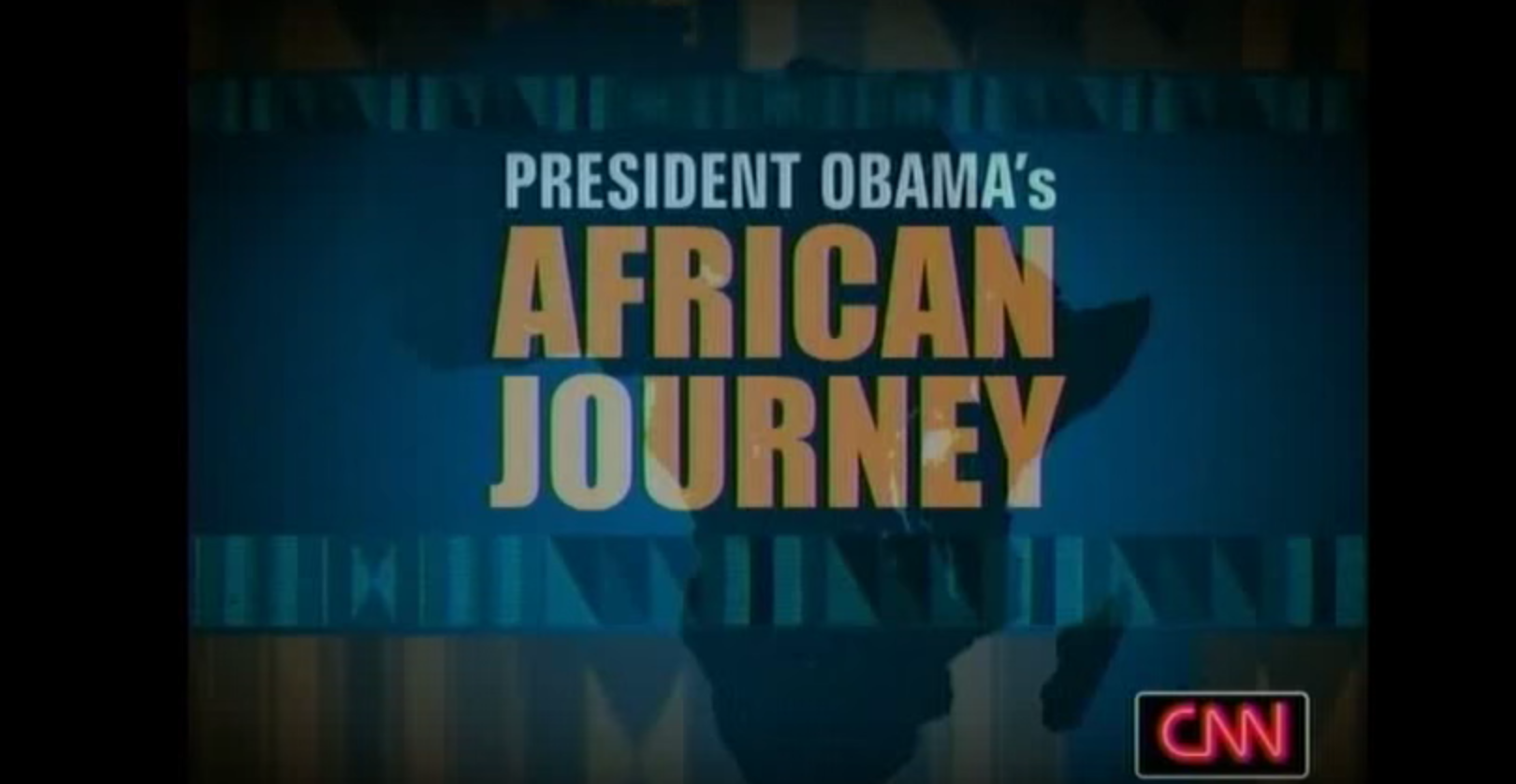
Written by - Maria Camila Arbelaez
This is a video of CNN coverage of Obama visiting Cape Coast Holocaust Dungeons in Ghana, a site where enslaved Africans were stored before shipment to the New World to be exploited in the endeavors of colonization. The sight of the first interaction between the United States and Africans. The dungeon structure functions as a jail giving way to the larger prison that enslaving nations became for blacks, and these particular dungeons are one of the biggest in existence. Michelle Obama traces her ancestry to slaves, and slave owners, both the abusers and the abused in this complicated system. Obama speaks of the difficulties, emotions, and enduring social messages that the act of...
Poetry in a Maximum Security Prison
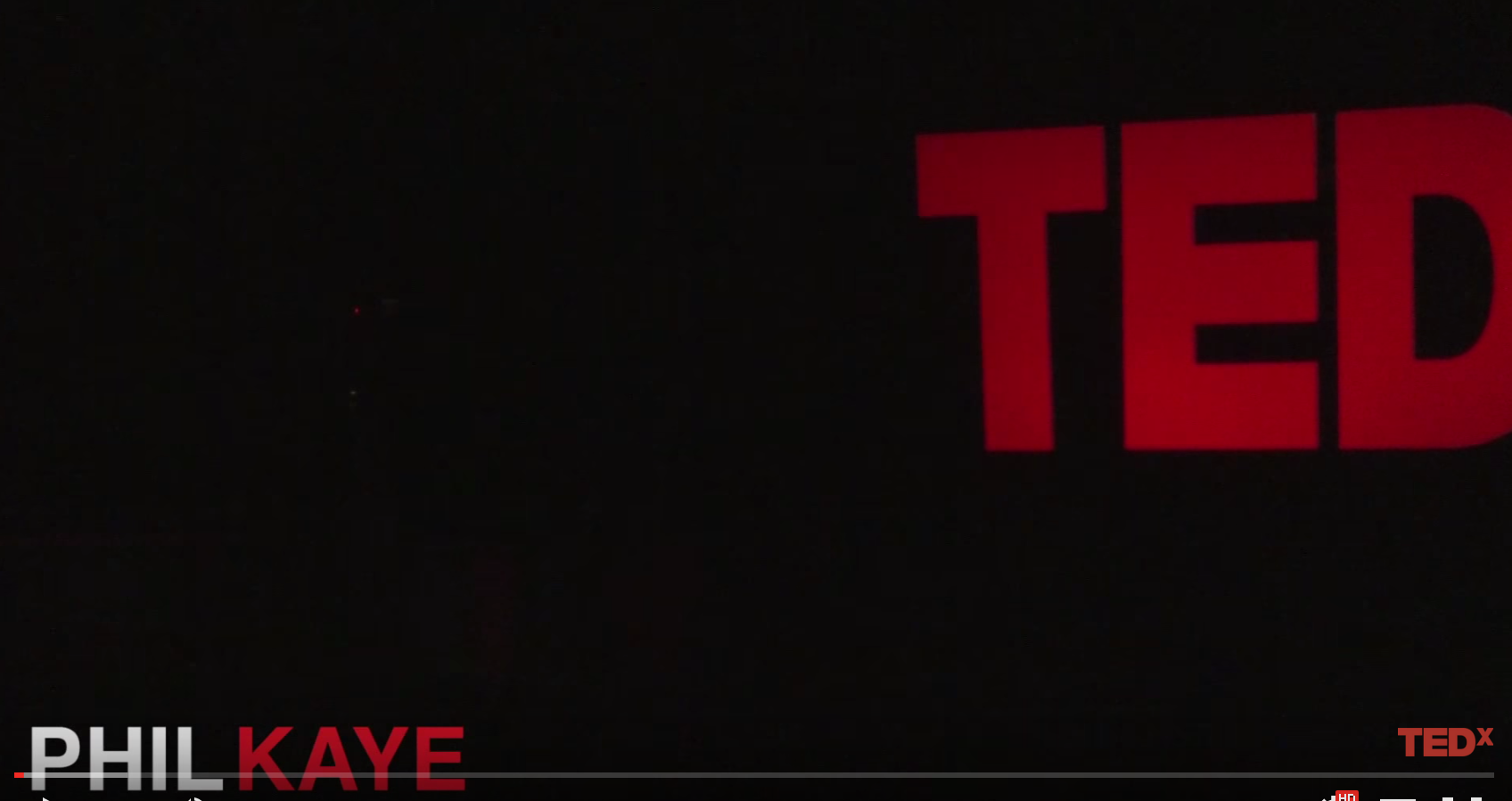
Phil Kaye, spoken word poet, shares his experience of creating poetry with inmates in maximum security prison. He originally enters the volunteer program as a naive college student and questions whether or not he will be able to have a real impact on the prisoners. Through this experience, Phil finds that the inmates use the creative outlet to reflect upon their past and realizes the important role that education and the arts play in rehabilitation during imprisonment.
Stonewall and Criminality
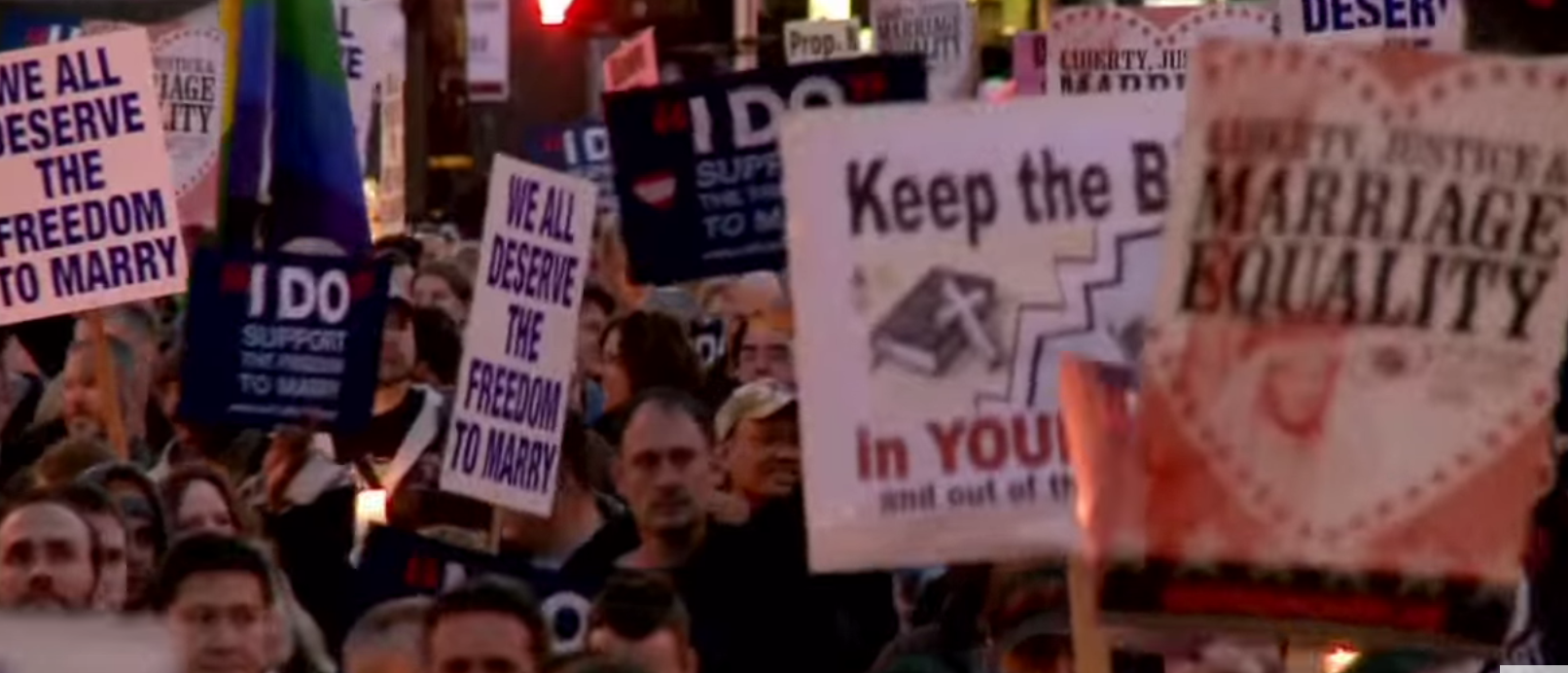
This Discovery Channel documentary discusses the political and social climate preceding the Stonewall Riots in 1969. Queer people were (and in some places are still) arrested, detained, and beaten by law enforcements because of their identity. Random and unsolicited police raids of predominantly queer neighborhoods resulted in a large number of incarcerated queer people. This is an instance of imprisonment used as a tool to isolate people because of who they are and what they believe, rather than what they did. The criminalization of people who deviate from hegemonic norms has persisted and been perpetuated by methods of imprisonment.
Surveillance and Dissent
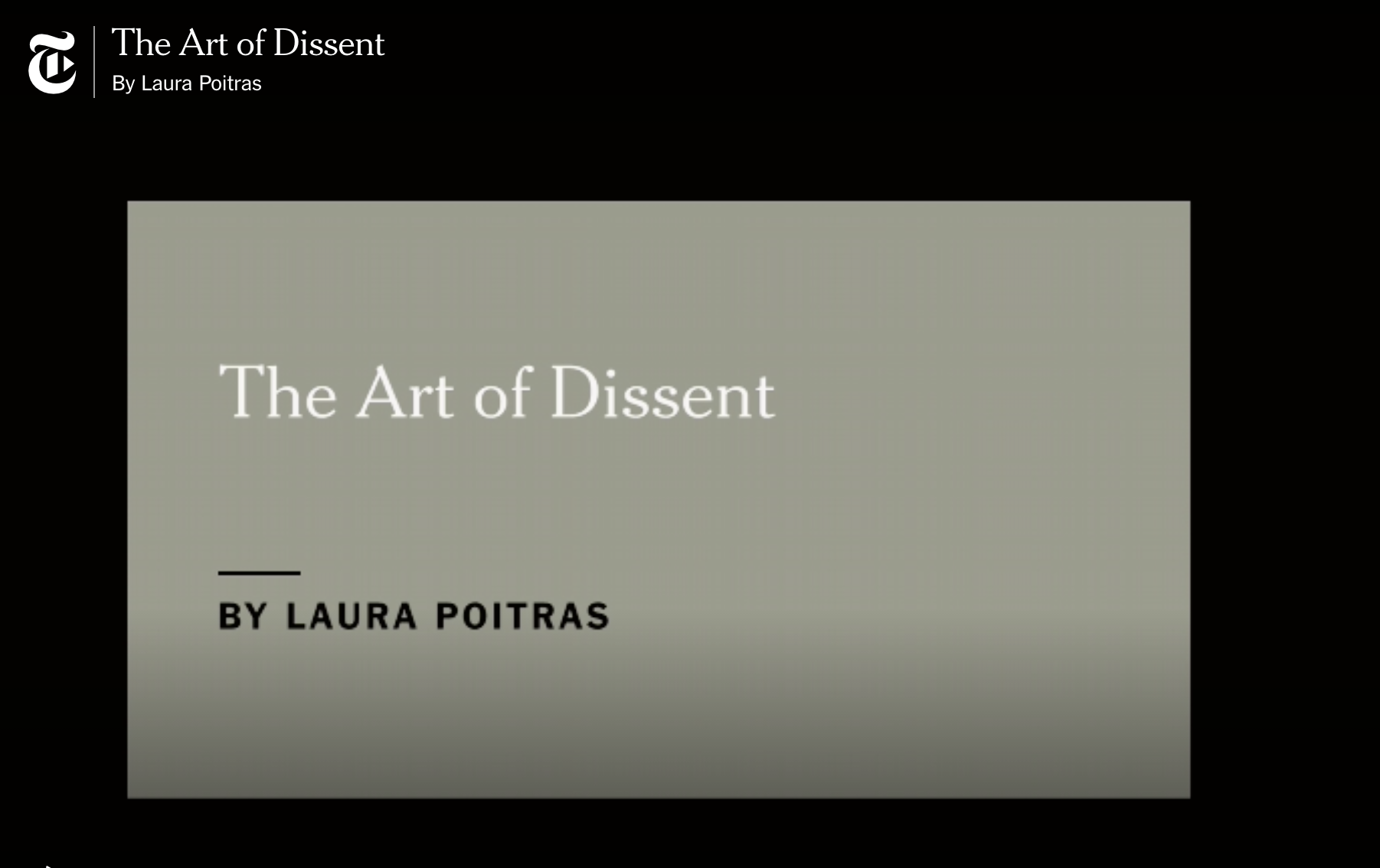
“Ai Weiwei and Jacob Appelbaum are artists, journalists, dissidents, polymaths — and targets. Their respective governments, China and the United States, monitor their every move. They have been detained and interrogated. Ai cannot leave China, and Appelbaum is advised not to return to the United States. They are separated from their families. Ai has been imprisoned and beaten by the police. Yet each continues his work and speaks out against government wrongdoing.” This excerpt from a New York Times article describes two peoples’ attempts to challenge their governments at the expense of their freedom. Ai Weiwei creates protest art that serves political and journalistic roles in exposing the Chinese government. Similarly, Jacob Appelbaum is accused with helping to disclose private...
Rosie: From Slave Song to Work Song
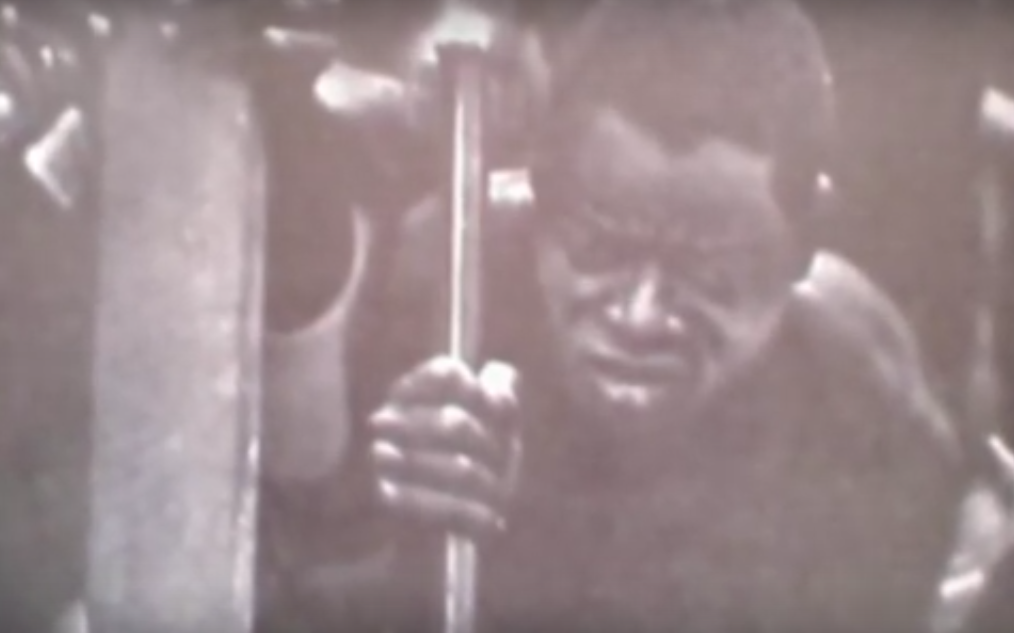
This well known prison work song "Rosie" was written by inmates of the Mississippi State Penitentiary Parchman work camp in the 1940s.
As the accompanying article explains, songs like “Rosie” were used by prisoners to coordinate dangerous hard labor, and to pass the time. In this way, the song is reminiscent of a traditional slave song.
- 1 of 4
- next ›